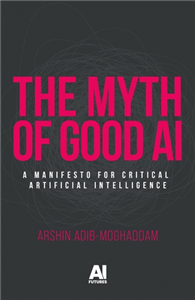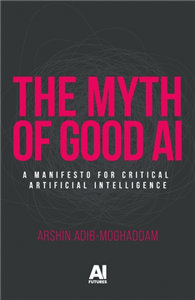Artificial intelligence and the future of warfare
The USA, China, and strategic stability
by James Johnson
This volume offers an innovative and counter-intuitive study of how and why artificial intelligence-infused weapon systems will affect the strategic stability between nuclear-armed states. Johnson demystifies the hype surrounding artificial intelligence (AI) in the context of nuclear weapons and, more broadly, future warfare. The book highlights the potential, multifaceted intersections of this and other disruptive technology - robotics and autonomy, cyber, drone swarming, big data analytics, and quantum communications - with nuclear stability. Anticipating and preparing for the consequences of the AI-empowered weapon systems are fast becoming a critical task for national security and statecraft. Johnson considers the impact of these trends on deterrence, military escalation, and strategic stability between nuclear-armed states - especially China and the United States. The book draws on a wealth of political and cognitive science, strategic studies, and technical analysis to shed light on the coalescence of developments in AI and other disruptive emerging technologies. Artificial intelligence and the future of warfare sketches a clear picture of the potential impact of AI on the digitized battlefield and broadens our understanding of critical questions for international affairs. AI will profoundly change how wars are fought, and how decision-makers think about nuclear deterrence, escalation management, and strategic stability - but not for the reasons you might think.













